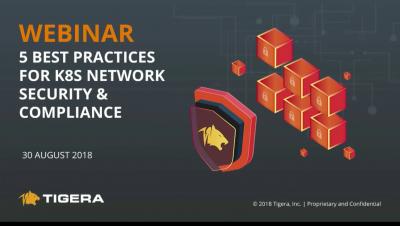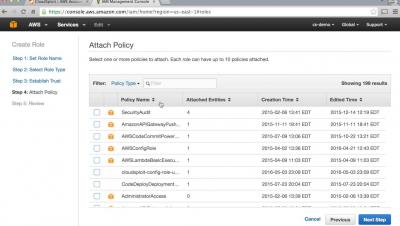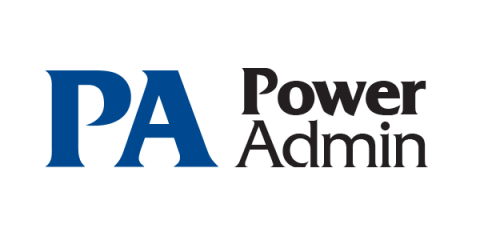Simplifying security auditing, Part 4: Securing web servers
Web servers are front-end facing applications that are vital for the daily operations of businesses. They are subject to attacks such as SQL injection, malicious URL requests, and the age-old classic, denial of service (DoS) attacks. While there are specialized web application security solutions that you can (and should) deploy, auditing web server logs is just as important for ensuring your web servers are secure and always up and running.











